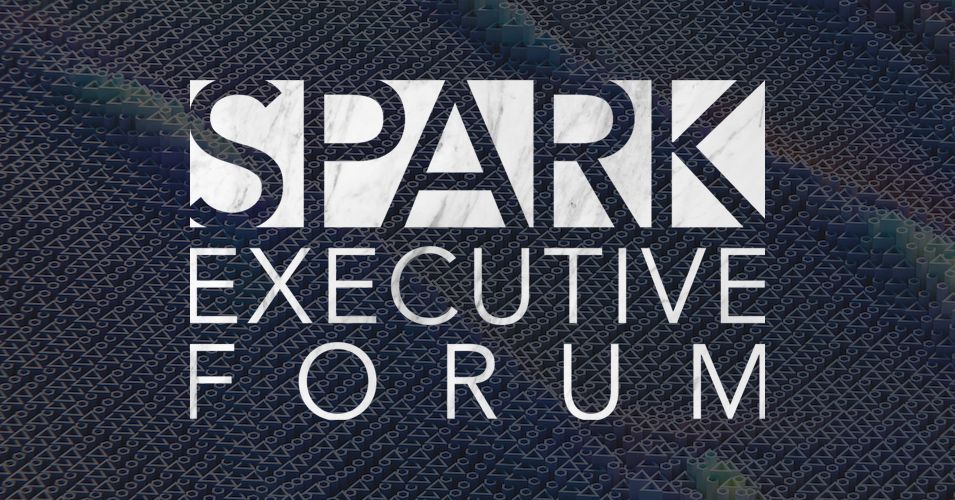On October 21st, the first Spark event in over 18 months took place at the Kimberly Hotel in Manhattan. Given the challenges of the past two years, it was great to be back “live” without branded video backgrounds, bandwidth challenges or the perennial “sorry, I was on mute”. Gathering roughly 20 C-level executives in a room was never easy, but it’s exponentially more challenging now. In fact, several attendees noted this was the first live event that they had attended since lockdowns began. Our dialogue was both inspiring and at times brutally transparent, driven by leaders from technology, consumer goods, media and not-for-profit industries.
Our session focused on three issues: recruiting and retention, investing in innovation, and cybersecurity. These topics aren’t new by any stretch. Context matters, and the backdrop of the last two years provided quite a canvas to build upon. Here are the key takeaways from the session:
Finding Your North Star
Transformation and innovation can be nebulous topics when it comes to measuring success and return on investment. Innovation initiatives either lack metrics, or worse are encumbered by a sea of measurements that don’t reflect the intent. Finding a single “breakthrough” metric can bring both clarity and speed to innovation. It’s important to take the time to simplify the mission, identify that one key outcome that reflects the intent, and focus your efforts on achieving that outcome.
My Generation
There are profound generational considerations when it comes to culture and retaining top talent. Our group cited several key areas of importance including believing in the mission, work life balance and the ability to explore new opportunities within the company. These areas, along with sustainability, job security and a focus on health and family create a high bar for any organization. The real net challenge, however, is satisfying different groups and priorities while maintaining a cohesive culture strategy. Enabling self-designing and self-improving teams can provide a flexible mechanism for bridging generations and internal constituencies moving forward. Implemented correctly, those teams will be more innovative, move faster and have higher rates of long-term retention.
Build the Community
One of our more robust threads revolved around investing in and developing talent from underserved communities and groups. The big takeaway here was not centered on a diversity and inclusion strategy, but the need to elevate the entire community long term, including the families and ecosystems surrounding talented individuals. Elevating and enabling an individual is the short game, uplifting and enabling an entire community is the real win and the enterprise can play a role.
Drop Your Anchor
Tech debt is a real drag in every aspect and a reality for every large enterprise but, it doesn’t have to be a permanent boat anchor. In our session, ERP systems took an especially brutal beating in terms of cost, agility, and ability to support operational or technical pivots in stride. However, they serve as a perfect example of how to navigate the tech debt issue. Leading organizations are picking a line of demarcation – and halting investments in legacy systems, while opting for new platform investments supporting new services or operating models. Newer systems can then be leveraged to migrate legacy processes over time, without incurring the disruption or cost of a massive lift-and-shift project.
Sharing the Burden
For years we’ve all been circling around cybersecurity as “everyone’s problem”, but behavior and action has never quite matched intent. Now, cybersecurity is gaining speed as an end-to-end play, meaning ownership now extends far beyond the CIO, CISO and the technology organization to HR, supply chain, product groups and more. While most ultimate accountability still resides with the Board, CEO and CISO, many in our group are now holding broader areas of the organization responsible for owning and integrating security in their strategic plans.
What’s a SIM PIN?
On a lighter note, our group was treated to a “two-question cybersecurity test” regarding our mobile devices. I won’t share the specific outcomes for our group, but I will say that several of the reactions included “oh s***” and “how is this legal”. Two pieces of advice: first, call your mobile provider and set a SIM PIN if you don’t have one. Second, check your lock screen settings. You might be surprised what your phone is allowed to do while supposedly locked and secure. Please trust me on both of these actions!
While writing this summary, my headphones graced me with “Another Tricky Day” by The Who, which was referenced at the beginning of this article: “This is no social crisis / Just another tricky day for you”. That lyric puts a fine point on our conversation. Disruption, talent wars, security, doing more with less and making bold bets on the future have been and always will be part of the game. It’s just another tricky day, isn’t it?
Spark is an invitation-only event series for senior technology and business leaders. Each session is focused on providing a private venue for open collaboration and sharing of relevant insights on issues and trends in technology and business. Our next session is scheduled for April 2022 in Napa.















